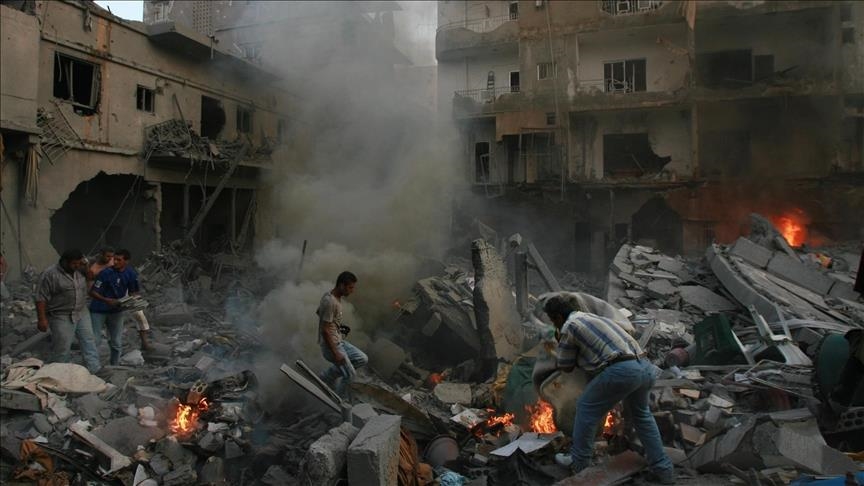GENEVA
The UN humanitarian coordinator in Lebanon warned Friday that the violence engulfing the country has ushered in the deadliest period in a generation, with more than 700 lives lost and over 218,000 people internally displaced following attacks across the Israeli border into Lebanon and Hezbollah’s assaults into Israel.
“The surge in violence has extended to previously unaffected areas, leading to widespread destruction of homes and infrastructure across the country. The recent escalations in Lebanon are nothing short of catastrophic,” Imran Riza said in a press briefing.
“In less than a week, at least 700 lives have been lost, thousands have been injured, and nearly 120,000 people have been displaced within mere hours, with these numbers continuing to rise as we speak.”
Riza emphasized that for nearly a year, many residents — especially in South Lebanon — have lived in fear, worried about the future as the country’s already fragile health system faces further strain. “Many have expressed concerns about experiencing a situation similar to Gaza. For the past year, we have consistently urged all parties to de-escalate to prevent this outcome. Unfortunately, in just a few days, hundreds of thousands feel they are now facing a comparable fate,” he said.
Safety of Syrian refugees
UN officials were asked about the safety of Syrian refugees fleeing the civil war and returning home from Lebanon, but reported no measures have been taken to protect them.
Ivo Freijsen, the UN Refugee Agency (UNHCR) representative in Lebanon, said, “We know it is well over 30,000 who have crossed the border, both Syrian and Lebanese (into Syria) coming in through several different border posts.”
He added that for the past 72 hours, Lebanese citizens have been allowed to enter Syria with any ID document, which he characterized as “an open invitation to stay.”
Riza said that the crisis has also impacted the UN, with the tragic loss of two UNHCR colleagues and one of their sons. The situation is catastrophic.
“We are witnessing the deadliest period in Lebanon in a generation, and many express their fear that this is just the beginning.”
He noted that the UN and its partners are closely coordinating with the Lebanese government to support response efforts. This collaboration includes aligning aid distribution, conducting joint assessments, and identifying urgent needs for affected populations. Lebanon’s health system is already overwhelmed.
“The events of last week, including the explosions of communication devices, have nearly depleted health supplies. With the recent escalations and hospitals reaching capacity, the system is struggling with limited resources to meet the growing demands.”

